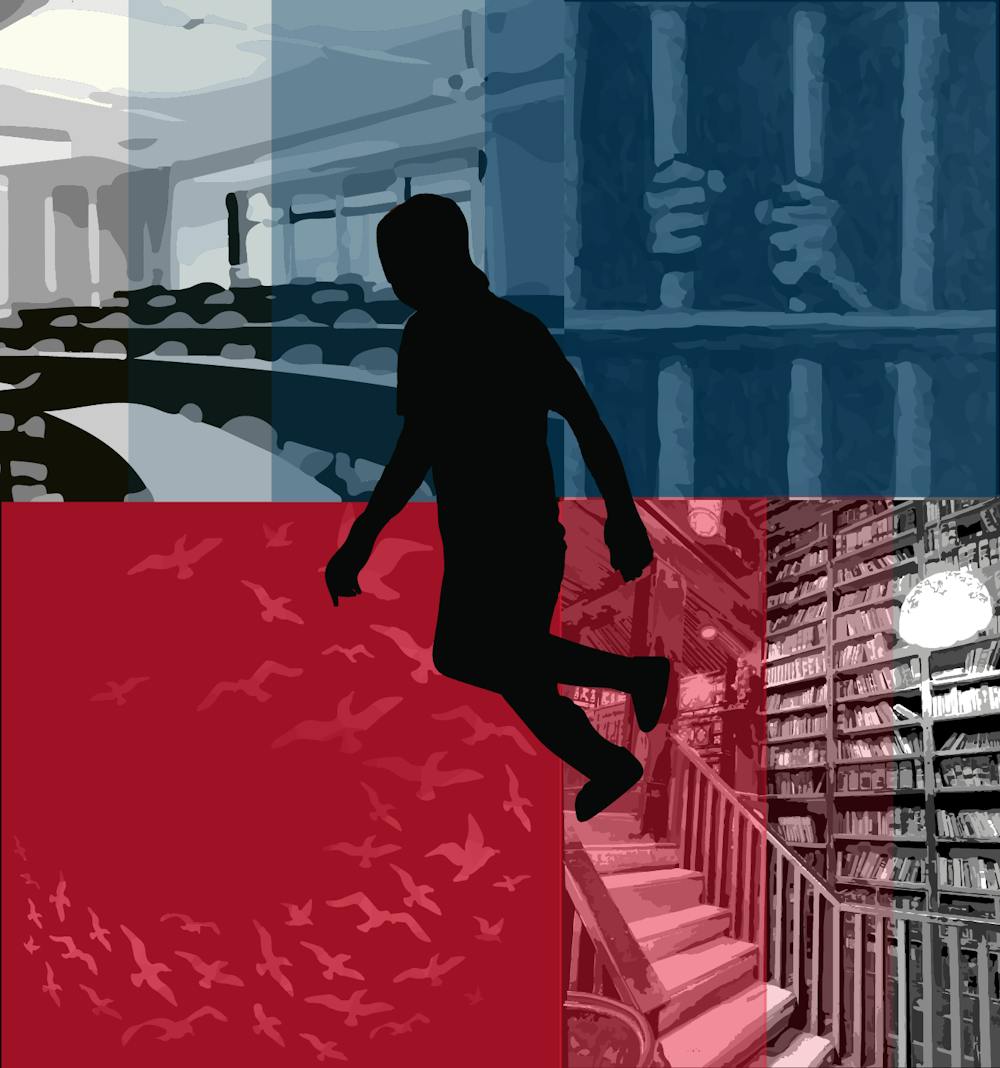Feb. 20
The bittersweet paradox of ‘Parasite’ and the Oscars
The week after “Parasite” swept the 2020 Oscars with four wins, becoming the first foreign-language film to win Best Picture, Undergraduate Student Government (USG) Movies offered Princeton students the opportunity to watch the film at the Princeton Garden Theatre. In this piece, staff writer Cameron Lee critiques the effects of neoliberal capitalism on the global film industry, attributing the success of “Parasite” at the Oscars to cultural imperialism, and ultimately, Westernization. Informed by her Korean American heritage, the piece also provides moments of personal reflection, as Lee notes the significance of the Oscar win in her own life and the Asian American community at large. Part film criticism and part self-reflection, the piece maintains a tension between the thrill of the historic performance of “Parasite” at the Oscars and the harrowing implications of globalization and Westernization on cinema, and serves to exemplify the flexibility and range of topics and essay genres covered by The Prospect.










